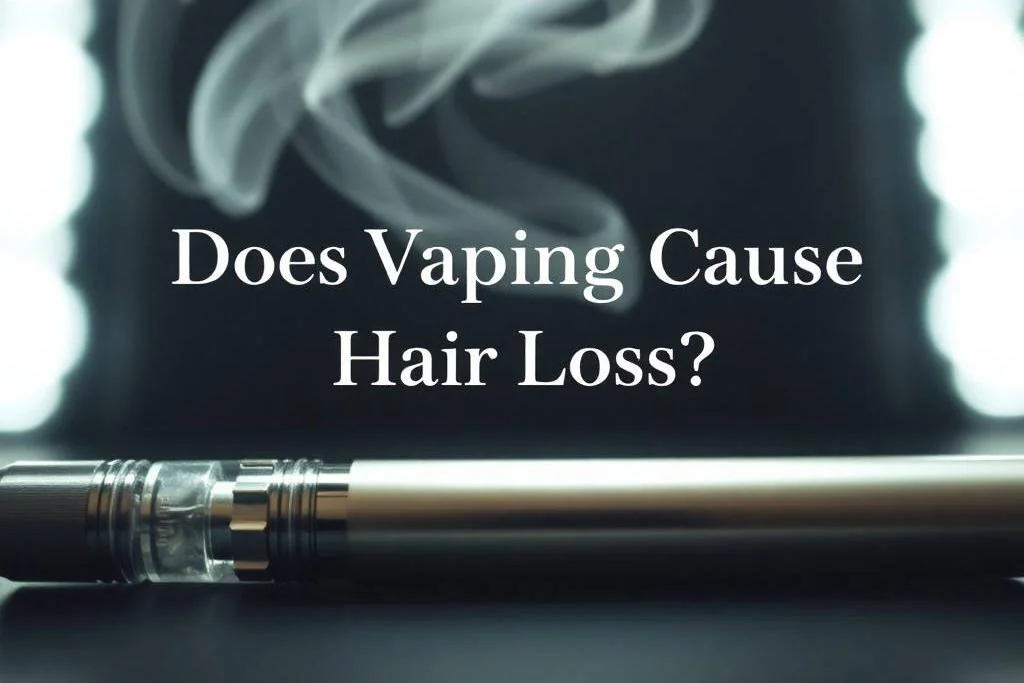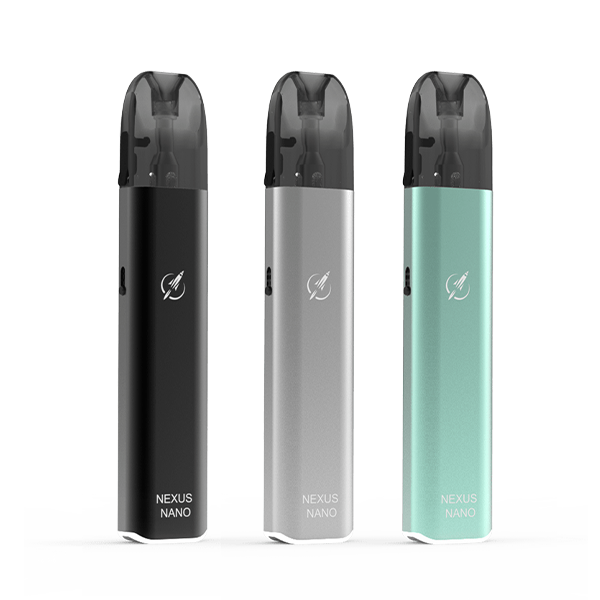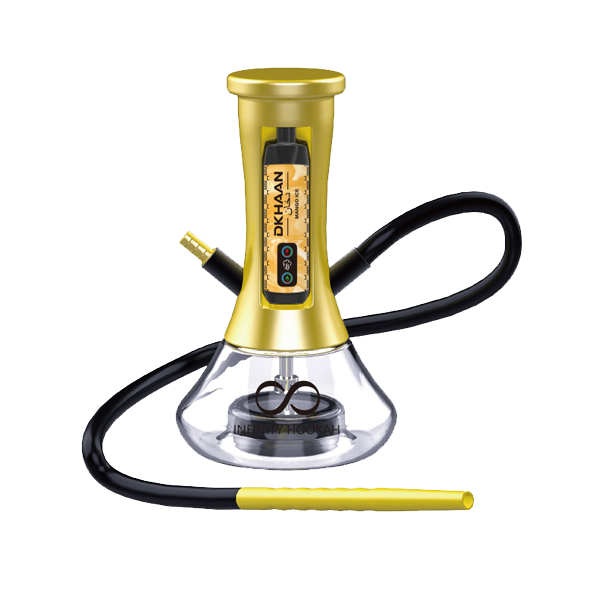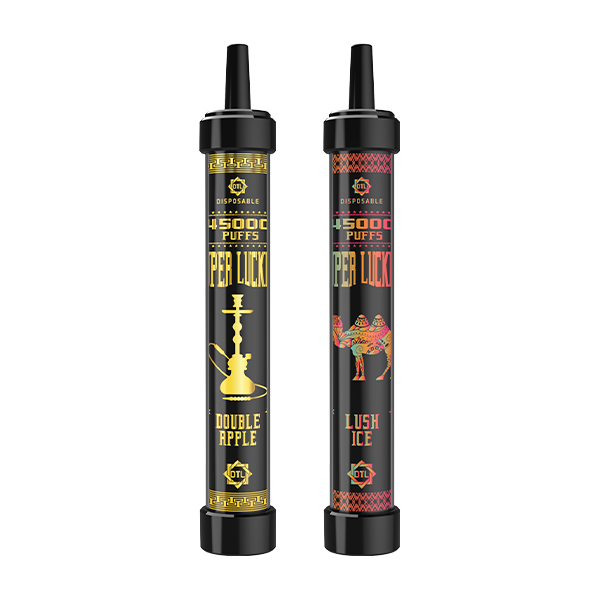Does Vaping Cause Hair Loss?
Vaping has become a widespread alternative to smoking, but questions continue to surface about its long-term health effects—including whether it plays a role in hair loss. Although not as commonly discussed as lung or heart health, hair wellness is an important concern for many. This guide explores what science and expert opinion currently say about vaping’s impact on your hair.

Understanding Hair Loss
Hair loss (also known as alopecia) can be caused by a variety of triggers: genetics, hormones, stress, nutritional deficiencies, and lifestyle factors. One key biological contributor is oxidative stress, which can damage hair follicles and disrupt the growth cycle. Exposure to certain chemicals—including those found in vape products—may indirectly play a role in this process.
Could Vaping Cause Hair Loss?
There’s no definitive research linking vaping as a direct cause of hair loss. However, several mechanisms associated with vaping—especially nicotine use—suggest that it may negatively influence hair health over time:
1. Reduced Blood Flow From Nicotine
Nicotine causes blood vessels to constrict. This reduces blood circulation to the scalp, limiting the delivery of oxygen and nutrients to hair follicles. Over time, this restriction can weaken follicles and lead to hair thinning or shedding.
2. Hormonal Disruptions
Nicotine and some vaping chemicals may influence hormone levels, particularly by increasing cortisol (the stress hormone). Elevated cortisol levels have been linked to telogen effluvium, a common form of temporary hair loss caused by stress or shock to the body.
3. Oxidative Stress and Inflammatory Response
Some e-liquids and flavoring agents generate free radicals when heated and inhaled. These unstable molecules contribute to oxidative stress and can damage cells in the scalp, potentially disrupting the normal hair growth cycle.
4. Nutritional Imbalances
Vaping, especially when it affects your appetite or eating habits, may contribute to nutritional deficiencies. Lacking essential nutrients like iron, zinc, and biotin can directly impact your hair’s strength, shine, and ability to grow.
5. Lifestyle Factors
People who vape may also struggle with sleep, hydration, or elevated stress levels—all of which can further impact hair health. The combination of these factors often contributes more to hair loss than vaping alone.
Expert Perspective
While smoking tobacco is well-documented as a factor in hair loss, vaping’s role is still being studied. However, many healthcare professionals note that the similarities in nicotine exposure suggest vaping could lead to comparable risks, especially for those who already have underlying hair or health issues.
What You Can Do to Protect Your Hair
Concerned about vaping and hair loss? Here are some practical tips:
Opt for nicotine-free e-liquids to improve blood flow to the scalp.
Prioritize a balanced diet with plenty of protein, iron, and essential vitamins.
Manage your stress levels through mindfulness, rest, or physical activity.
Stay hydrated and limit excessive caffeine or alcohol intake.
Consult a professional—a dermatologist or trichologist can help identify causes and treatment options for thinning hair.
Final Thoughts
So, does vaping cause hair loss? Not directly—but it can contribute to conditions that make hair shedding more likely, especially when nicotine is involved. Factors like blood circulation, hormone changes, oxidative damage, and nutritional habits all play a role in your hair’s health.
If you’ve noticed increased hair loss since you began vaping, especially with nicotine-containing products, it’s worth taking a closer look at your lifestyle and consulting a medical professional.
Looking for Manufacturer for Your Vape Business?
LUCKEE is a reputable vape brand developed by SHENZHEN THUNDER STORM Technology Co., Ltd, an ISO-certified manufacturer specializing in vape devices. Since its establishment in 2013, the company has been a trusted partner for OEM, ODM, and OBM services. The founding team, composed of industry veterans from leading companies, brings over a decade of expertise in the vaping sector. Their deep commitment and thousands of hours of innovation have been dedicated to continuously enhancing the user experience and delivering superior vaping products.
FAQs
1. Can vaping cause your hair to fall out?
It can contribute to hair loss indirectly—mainly due to nicotine reducing blood flow to the scalp and promoting hormonal imbalance and oxidative stress.
2. Is nicotine responsible for hair damage from vaping?
Yes. Nicotine is a key factor. It constricts blood vessels, limiting nutrient delivery to hair follicles, and may interfere with the natural hair growth cycle.
3. Will switching to nicotine-free vapes help?
Switching may reduce some risks, particularly those linked to scalp circulation. However, other chemicals in vape juice can still cause oxidative stress, so caution is still advised.
4. Can hair grow back after quitting vaping?
Yes, in many cases. If the cause was temporary—like nutritional deficiencies or hormonal imbalance—stopping vaping and improving your health can promote regrowth.
5. How can I tell if vaping is affecting my hair?
If hair loss began or worsened after starting or increasing vape use, particularly with nicotine, it may be contributing. A dermatologist can help determine the root cause.


















